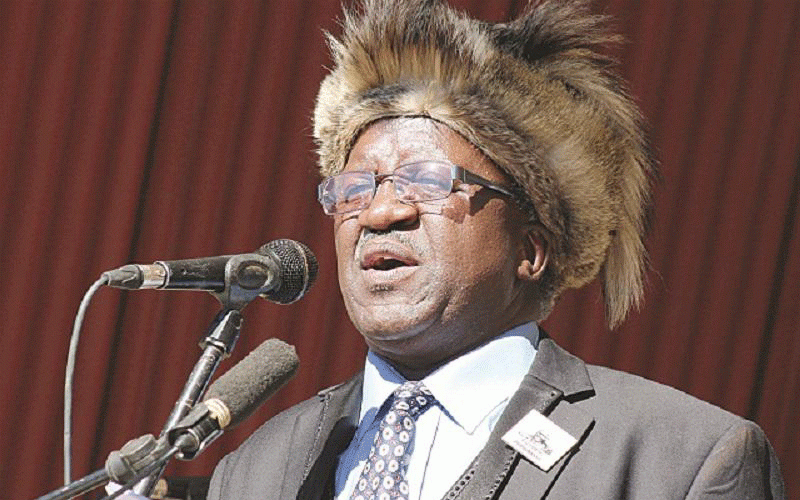
ZAPU leader Sibangilizwe Nkomo has called on government to declare a state of emergency resulting from the El Nino-induced drought.
The 2023/24 farming season has been condemned as a write-off, with the prolonged dry spell further beating down planted crops.
Humanitarian agencies predict that over two million Zimbabweans, including urbanites, may need food aid to prevent hunger-related deaths.
The harsh economic climate characterised by the skyrocketing cost of living has added more misery to ordinary people.
Nkomo told Southern Eye that they are in the process of compiling data around the country so that they can confront government about the hunger situation using the statistics.
“As I speak, we are going to Matabeleland South to assess the effects of the drought, but from the look of things, it is not looking good,” Nkomo said on Friday.
“We demand that the government declares a state of emergency before people perish with their livestock.
“Our welfare department is also working on how it can come in to assist the needy.”
- Zapu deputy SG quits
- New perspectives: Why Zanu, Zanu PF were successful in the 1970s, 80s and 90s
- Divisions rock Zapu
- Zapu let down supporters, Mzila-Ndlovu
Keep Reading
He said it was the duty of government to assist people whether it has the capacity or not.
Government says no Zimbabwean will starve, even as indications show that many people, especially in rural areas, are now forced to skip meals due to lack of mealie meal.
Bulawayo-based commentator Effie Ncube said the declaration was long overdue.
“In Matabeleland, the situation is catastrophic,” he said.
“The government should have declared a state of emergency that would enable the government to mobilise resources from other activities as well as secure support from the international community.”
Zimbabwe’s worst drought occurred in 1991-92, directly affecting five million people and resulting in serious food insecurity and water shortages which had a ripple effect on the southern African region.
It created food insecurity in countries that were reliant on Zimbabwe’s food exports.






